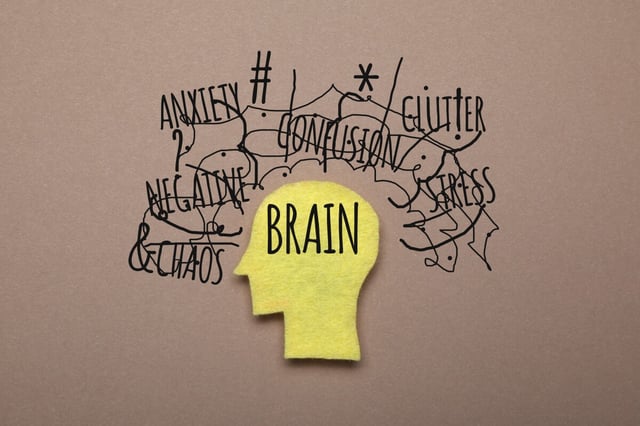Overview
- The BMJ Mental Health study is the first to demonstrate that insomnia severity — rather than overall sleep quality or circadian factors — directly links higher ADHD traits to reduced life satisfaction.
- Analysis of 1,364 adults in the Netherlands Sleep Registry found that elevated ADHD symptom traits correlate with severe insomnia, poorer sleep quality, later sleep–wake schedules and increased depressive symptoms.
- At least one in four adults with ADHD report a sleep disorder, and insomnia affects 43%–83% of this group, fueling cognitive and emotional impairments.
- Many adults in midlife with ADHD traits remain undiagnosed or receive late diagnoses and often self-manage their symptoms, revealing a gap in adult ADHD care.
- Authors recommend cognitive behavioral therapy for insomnia and sleep restriction therapy as promising targeted treatments to boost well-being in this population.

